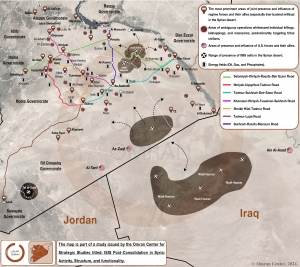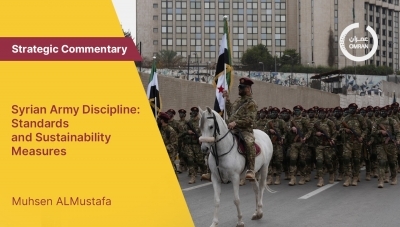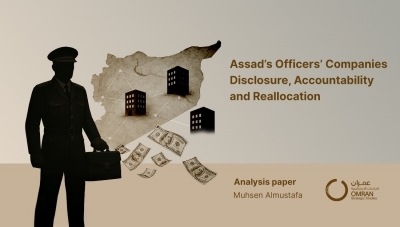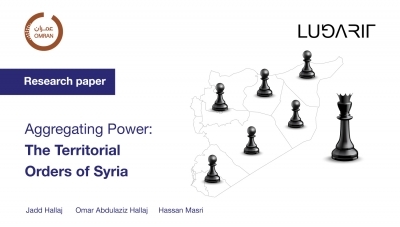Events
The Syrian Badia: A Map of Influence, Control, and Ambiguous Operations
Following its “defeat” in 2019, the Islamic State (ISIS) adapted in response to both the new scope of its capabilities and the intensified determination of its adversaries. by transitioning from consolidation of power and territorial dominance under a centralized leadership, to a decentralized strategy, relying on autonomous cells and rapid, agile operations. These operations vary in their intensity, patterns, and frequency, depending on the geographic regions and the nature of the forces in control. Operations for which ISIS officially claimed responsibility coincided with other ambiguous operations carried out under its name without an official claim of responsibility. The latter operations targeted both civilian and military individuals and groups through kidnappings and killings.
Although various areas of control have witnessed this type of ambiguous operations, the Syrian desert represented the main stage for it. The period between the 2019 and 2024 saw an increase in operations targeting civilian groups from Arab tribes, especially in the southern desert of Aleppo, which is connected to the desert of Hama, the desert of Homs, as well as the deserts of Al-Rusafa in Al-Raqqa, and Deir Ezzor. Some of these attacks resulted in mass killings that claimed the lives of hundreds of members of tribes in the region, such as Bani Khalid, Al-Amoor, Al-Dulaim, Al-Boshaban, Al-Hadedeen, Al-Gomlan, and Al-Uqaydat tribes. Furthermore, sporadic attacks targeted individuals and groups of shepherds and their livestock, and truffle hunters, rendering the truffle season in the desert deadly.
Several factors contributed to the ambiguity surrounding these operations, notably: the presence of various controlling forces and militias with divergent interests, including ISIS cells that utilized parts of the desert as sanctuaries for launching rapid assaults. The majority of these mass killings transpired on the main highway networks, which is either controlled by Iranian backed militias or is located within areas of their strategic interest, especially in proximity to various energy resources (such as oil, gas, and phosphate) within the region. Moreover, ISIS did not claim responsibility for most of these operations, and their nature differed from what those that ISIS has previously claimed. in terms of tactics and the nature of the targets. Notably, local tribes have accused other forces of being involved in these attacks, particularly the Iranian-backed militias in the region.
The following map highlights the main areas of control in the Syrian desert, as well as key transportation routes, vital energy fields, and areas that have seen ISIS cell activity, and attacks, massacres, and ambiguous operations carried out in ISIS' name between 2019 and 2024.
and to view the map in high resolution: https://bit.ly/44fzTuI
Access the full study (in Arabic) via the Omran Center here: https://bit.ly/3VmhdXC.





